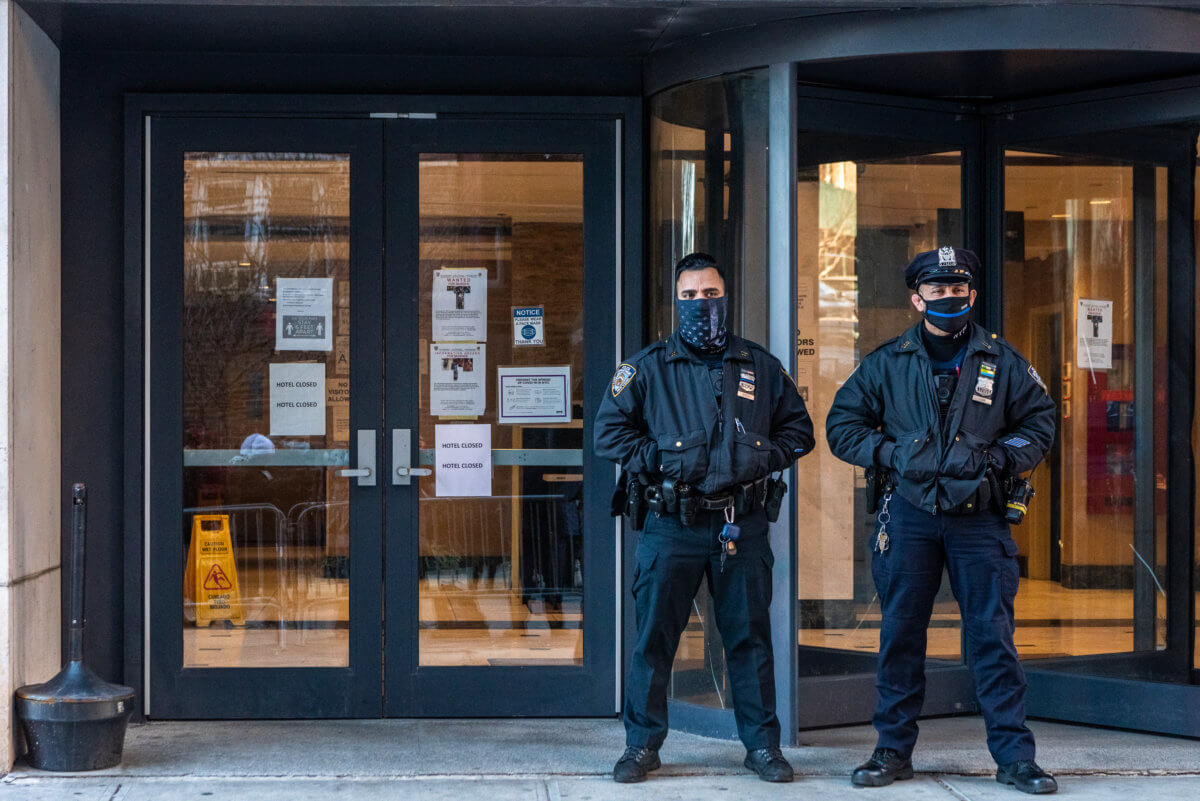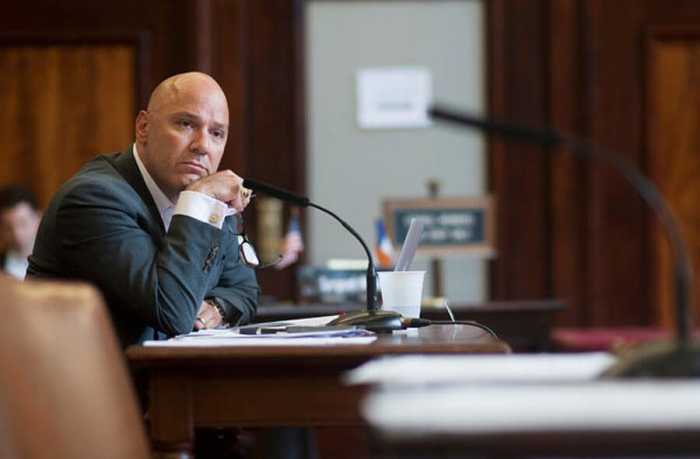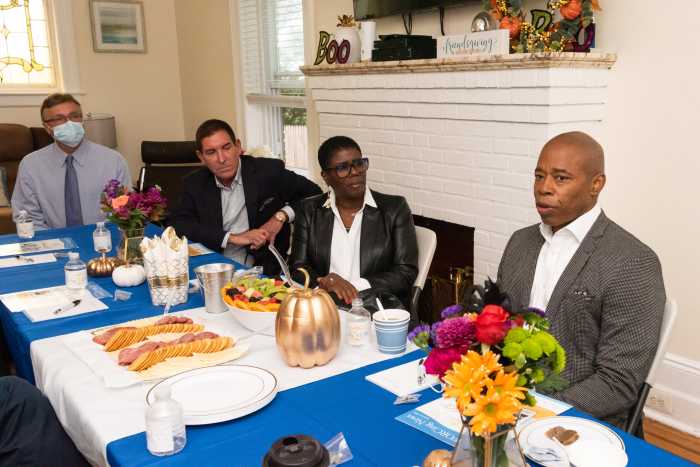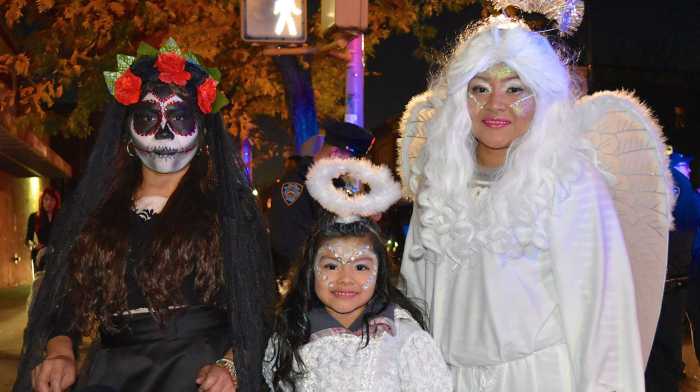A Bronx teenager was indicted by a Queens grand jury for murder and related charges in the New Year’s Eve fatal shooting of a Rosedale man, and wounding two other victims, outside the Umbrella Hotel in Kew Gardens, according to Queens District Attorney Melinda Katz.
Richard Swygert, 19, was arraigned Monday before Queens Supreme Court Justice Ushir Pandit-Durant on a seven-count indictment charging him with murder, two counts of attempted murder, assault and possession of a weapon in what was the first murder in the city of 2021.
The fatal shooting outraged the Kew Gardens community who demanded the hotel’s closure claiming the Umbrella had been a hotbed of criminal activities, including prostitution, drug dealing and human trafficking. Mayor Bill de Blasio on Jan. 5 said he would move to shut down the hotel that had also received over a dozen violations last year.
Swygert was already behind bars after he was indicted just last month on murder charges in the fatal shooting of a St. Albans man inside a Flushing karaoke bar. A second victim was shot but survived, according to the Queens DA’s office.
According to the charges, Swygert allegedly pulled out a gun after a disagreement between two groups of revelers celebrating New Year’s Eve at the now-shuttered Umbrella Hotel on 82nd Avenue and Queens Boulevard.
At around 1 a.m. on the morning of Jan. 1, Swygert allegedly shot 20-year-old Robert Williams, a standout athlete who was just one day shy of his 21st birthday, and two other men. Williams died at the scene and the other two victims were taken to area hospitals for medical treatment.
“The defendant’s alleged actions led to the first homicide in New York City this year,” Katz said. “Senseless shootings have brought grief and heartache to far too many families in our neighborhoods. My office will continue to work with our law enforcement and community partners to stop the proliferation of guns in Queens and to hold accountable perpetrators of gun violence.”
Justice Pandit-Durant set Wygert’s return to court for Nov. 29. If convicted he faces up to 25 years to life in prison.



































